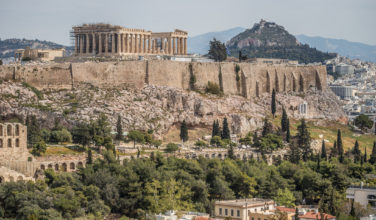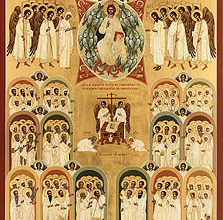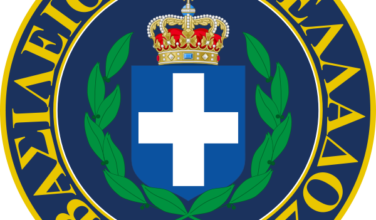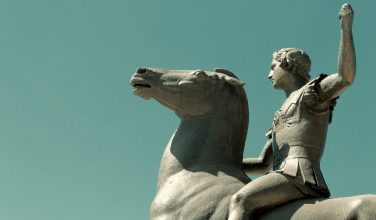Learn About the Palaiolgos Dynasty
Comments Off on Learn About the Palaiolgos Dynasty
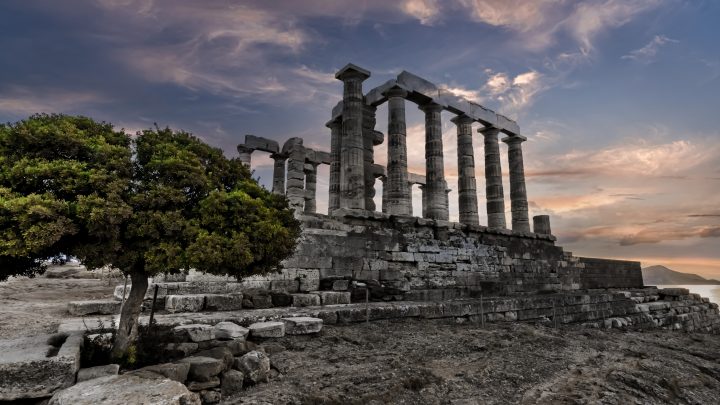 The Palaiologos dynasty, also known as the Palaeologi, was a Byzantine noble family that ruled over Greece from 1259 to 1453 and later served as the imperial dynasty of the Byzantine Empire. The first ruler of the dynasty, Michael VIII Palaiologos, was a member of an essential aristocratic and military clan in western Anatolia (present-day Turkey) that had traditionally provided soldiers and generals to fight with Byzantium since its founding.
The Palaiologos dynasty, also known as the Palaeologi, was a Byzantine noble family that ruled over Greece from 1259 to 1453 and later served as the imperial dynasty of the Byzantine Empire. The first ruler of the dynasty, Michael VIII Palaiologos, was a member of an essential aristocratic and military clan in western Anatolia (present-day Turkey) that had traditionally provided soldiers and generals to fight with Byzantium since its founding.
Origins of the Palaiologos Family
The origins of the Palaiologos family are uncertain, though the pseudohistorical scholar Nicetas Choniates and the chronicler John Skylitzes agree they were of Armenian descent. His ancestors arrived at Mostar in the 11th century. The defter mentions a confident “Theodore,” a great spearman and governor of the fortress there, as well as John (Bardas) and Bartholomew Palaiologos.
Another account makes Albanius, a brother of Romanus IV Diogenes, a legitimate heir but notes he was an enemy of his brother Michael I Rangabe. Romanus, also a great-spearman, died in the Battle of Pelagonia against the Bulgarians in 1185. Michael I (The Czernobog), born Romanos IV Diogenes (1222–1282), ascended the Byzantine throne as a child.
Growing into a Dynasty
The Palaiologos was split into their traditional opponents, the descendants of Romanus I Laskaris and those of Theodora Palaiologina. The latter was now the most powerful family in Constantinople and controlled much of the business. They competed against the descendants of Michael VIII Palaiologos for the imperial throne in the aftermath of the Fourth Crusade and with the rise to power of Theodore I Laskaris in 1258, who married into their family. Theodore was succeeded by his son John V Palaiologos. John V (1282–1319) was a usurper who blinded and imprisoned Michael VIII’s son and successor, Andronikos II Palaiologos when his father imprisoned the latter in 1303.
John V replaced him with his younger brother, the inexperienced Peter of Epidauros. Still, he later had to abdicate in favor of Peter III in 1341 after plots set up by emperor Andronikos III Palaiologos against his life. John V regained the throne in 1376, with much of the navy rallied to him and defeating the Ottoman Turks in the Battle of Pelekanon on 1 September 1376.
He became overconfident, ignoring a promise to pay a yearly tribute to the Sultanate of Rûm. He was caught unaware by a large force sent by Sultan Murad I on 19 June 1391 at Tenedos, who defeated him and forced him into exile at Mistras. John V died in exile on 11/12 January 1392 in Mistras.
His son and successor, Matthew, predeceased his father and was succeeded by John VI Kantakouzenos. Matthew’s son Nicholas II (1395–1439) failed to take advantage of the Ottoman defeat at Çepni (returning Mistras to Ottoman rule) while he remained at home and was overthrown by Andronikos IV Palaiologos, who restored the family to their former power. Andronikos IV (1449–78) was succeeded by his son John VII Palaiologos.
Establishing a Regent
After the Ottoman recapture of Thessaloniki in 1430, John VII allied with Timur and established himself as regent in Constantinople. This act caused discontent among the nobility, and many abandoned his cause. He was executed during the sack of Mistras by the Ottomans in 1460, which further helped consolidate their control over the Empire.
The Palaiologoi united the Byzantine Empire during some of the most crucial periods in its history and was one of the most powerful families in the Balkans. They continued to play an important role in Ottoman affairs as their coinage with the folkloric picture of Michael VIII still circulated until late into the 16th century. It is famous for its many periods of prosperity but less so for its numerous periods of crisis. After 1321 they ruled continuously until the fall of Constantinople to Ottoman Turkish forces on 29 May 1453.
Source:
Palaiologos Dynasty – Wikipedia
Categorized in: Ancient Greek History
This post was written by Greek Boston


